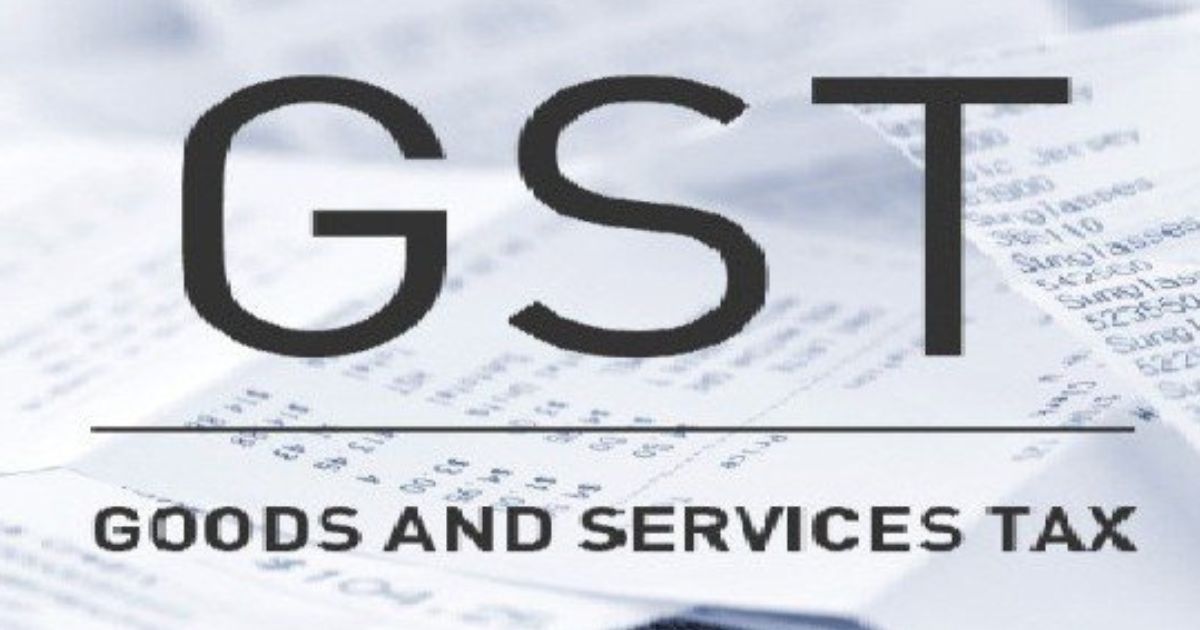GST Council recommends panel of ministers to decide on rate rationalisation
10 Sep 2024

The GST Council, which met on Tuesday to review and rationalise the rate structure, has recommended the creation of a Group of Ministers (GoM) to look into the issues related to the GST on life and health insurance and submit its report by end of October 2024.
It also recommended formation of a GoM to study the future of compensation cess.
The 54th meeting of the GST Council, chaired by union finance minister Nirmala Sitaraman, sought tax exemption for supply of research and development services by a government body, a research association, university, college or other institution using government or private grants and notified under section 35 of the Income Tax Act
The GST Council also recommended reduction in GST rates on cancer drugs such as Trastuzumab Deruxtecan, Osimertinib and Durvalumab from the existing rate of 12 per cent to 5 per cent.
The Council recommended reduction in GST rate on extrudes/expansed food products like namkeens and savoury items (including bhujia, mixture, chabena) in ready for consumption form from 18 per cent to 12 per cent.
The 5 per cent GST rate on uncooked snack pellets will continue.
The Council recommended the introduction of a reverse charge mechanism (RCM) on supply of metal scrap by unregistered person to registered person. However, the supplier should get registered as and when the supplies cross the threshold limit. The onus of paying tax will be on the recipient even if the supplier is under threshold.
For registered scrap suppliers a 2 per cent TDS will be applicable on B to B supplies.
The Council has clarified that Roof Mounted Package Unit (RMPU) – the air conditioning machines used by the Railways – will attract a GST of 28 per cent.
GST rate on car seats classifiable under 9401 will go up from 18 per cent to 28 per cent. This rate will be uniform and will apply prospectively. Motorcycle seats already attract GST of 28 per cent.
The meeting decided to notify a 5 per cent GST on transport of passengers by helicopters on seat share basis, with retrospective effect. Charter of helicopter will continue to attract 18 per cent GST.
The Council said all approved flying training courses conducted by DGCA approved Flying Training Organisations (FTOs) will continue to be exempt from the levy of GST.
There will also be no special GST rate for preferential location in construction service as this is already bundled with the composite supply of construction services.
While affiliation services provided by educational boards like CBSE are taxable, this may be exempted in the case of government schools prospectively, the Council stated.
However, the affiliation services provided by universities to their constituent colleges are not exempted and will continue at the rate of 18 per cent.
The Council recommended GST exemption for import of services by a foreign airlines company from a related person or any of its establishment outside India, when made without consideration.
Renting of commercial property by an unregistered person to a registered person will also be brought under the Reverse Charge Mechanism (RCM) to prevent revenue leakage.
There will be no additional GST on ancillary/intermediate services like loading/unloading, packing/unpacking, transshipment, temporary warehousing etc as these are treated as part of the composite supply.
Besides, supply of services such as application fees for providing electricity connection, rental charges against electricity meter, testing fees for meters/ transformers/capacitors, labour charges from customers for shifting of meters/service lines, charges for duplicate bills etc will be exempt from GST as these are incidental, ancillary or integral to the services.
The GST Council recommended procedure and conditions for waiver of interest or penalty or both, in respect of tax demands for facilitation of trade.
The GST Council suggested the roll out of a pilot for B2C e-invoicing, following the successful implementation of e-invoicing in the B2B sector.
It would also provide an opportunity to the retail customers to verify the reporting of the invoice in the GST return. The pilot will be rolled out on voluntary basis in selected sectors and states.
The Council inter-alia decided to regularise the GST liability for the period up to 1 October 2021 on ‘as is where is’ basis, where the film distributor or sub-distributor acts on a principal basis to acquire and distribute films.
The GST Council also made recommendations relating to changes in GST tax rates, and for providing relief to individuals besides measures for facilitation of trade and streamlining compliances in GST.


















